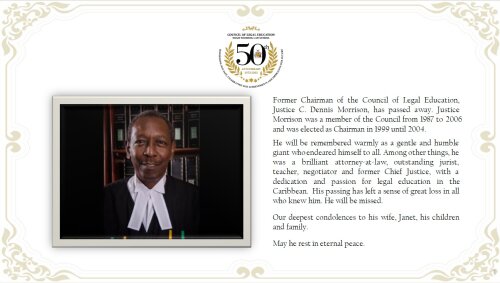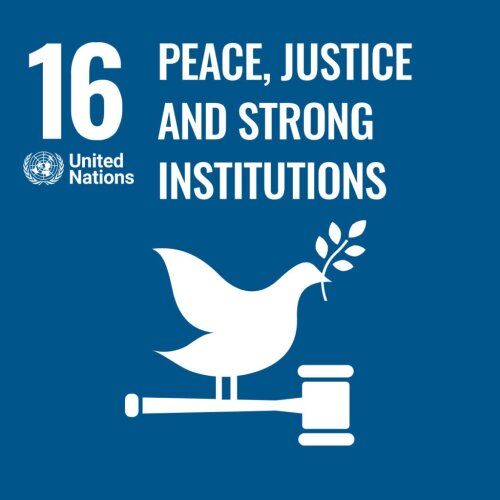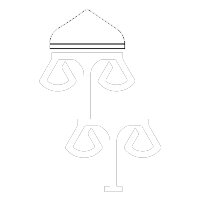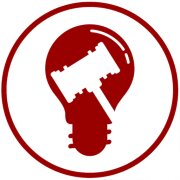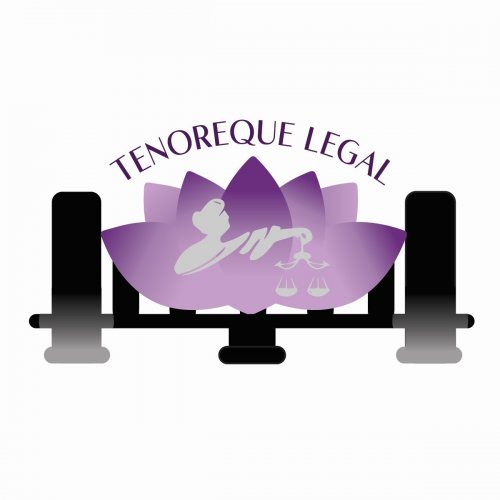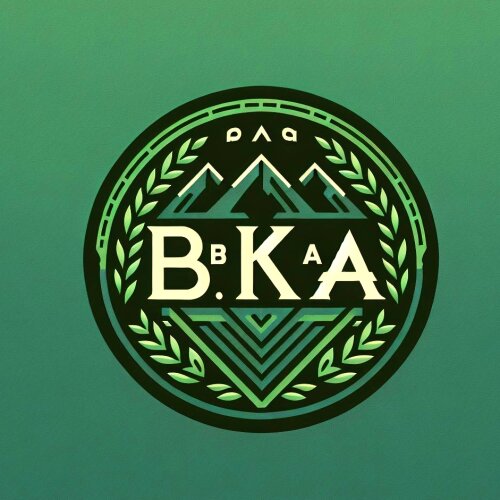Best Education Law Lawyers in Port of Spain
Share your needs with us, get contacted by law firms.
Free. Takes 2 min.
List of the best lawyers in Port of Spain, Trinidad and Tobago
About Education Law in Port of Spain, Trinidad and Tobago
Education law in Port of Spain, Trinidad and Tobago, encompasses all legal aspects related to the education system in the country. This includes the establishment of educational institutions, governance of schools, roles of educational bodies, rights of students and teachers, and policies ensuring equal access to education. It aims to ensure that every student receives an education in a safe, supportive, and lawful environment. Legal frameworks help address issues such as discrimination, disciplinary actions, special education needs, and academic integrity.
Why You May Need a Lawyer
Individuals may require legal assistance in education law for various reasons. Parents may seek legal help if they believe their child is facing discrimination or is being unfairly treated in school. Educators might need legal support in employment disputes or when facing allegations of misconduct. Students may require representation in disciplinary hearings or when contesting academic decisions. Schools and educational institutions might seek legal advice in drafting policies, handling safety and compliance issues, or dealing with claims from staff and students.
Local Laws Overview
Education laws in Trinidad and Tobago are guided by the Education Act, which outlines the operational framework of the education system and stipulates the responsibilities of the Ministry of Education. Key aspects include ensuring compulsory education for certain age groups, establishing guidelines for curriculum standards, and providing for the regulation and licensing of teachers. Additionally, laws like the Equal Opportunity Act protect against discrimination in education based on race, gender, religion, or disability. The Children Act also provides a legal basis for safeguarding children's rights within educational settings.
Frequently Asked Questions
What is the age range for compulsory education in Trinidad and Tobago?
Compulsory education in Trinidad and Tobago typically covers children from ages 5 to 16, ensuring they receive foundational education during these formative years.
What legal rights do students have at school?
Students have the right to a safe learning environment, protection from discrimination, access to quality education, and due process in disciplinary actions.
Can parents appeal a school's decision regarding their child?
Yes, parents can appeal school decisions, especially if they believe their child’s rights have been violated. Consulting with a lawyer can provide guidance on this process.
How are teacher employment disputes typically handled?
Employment disputes are often resolved through negotiations, mediation, or recourse to legal procedures set out in employment contracts and union agreements.
What is the role of the Ministry of Education?
The Ministry of Education oversees the implementation of educational policies, ensures compliance with education standards, and manages public educational institutions across the country.
Are there provisions for students with disabilities?
Yes, there are provisions to support students with disabilities to ensure inclusive education. Schools are required to make reasonable accommodations and provide necessary resources.
What are the legal responsibilities of school boards?
School boards are responsible for ensuring the school complies with legal and regulatory standards, maintaining educational quality, and managing the school's operational aspects.
How can issues of bullying be legally addressed in schools?
Bullying can be addressed through school policies that adhere to national laws and through intervention measures. Legal action can be taken in severe cases.
Is homeschooling regulated in Trinidad and Tobago?
Yes, homeschooling is regulated under specific guidelines to ensure that the educational needs of the child are being met, and parents must register with the Ministry of Education.
What steps should be taken if a child is unfairly excluded from school activities?
Parents should first discuss the issue with school officials. If unresolved, legal counsel can help explore further options to ensure fair treatment of the child.
Additional Resources
For further assistance, consider reaching out to the Ministry of Education, the Equal Opportunity Commission, or NGOs focused on educational advocacy and child rights. Additionally, organizations like the Trinidad and Tobago Unified Teachers’ Association (TTUTA) can provide support for educators.
Next Steps
If you believe you need legal assistance in education law, it is advisable to consult with a lawyer specializing in this field. They can help you understand your rights, review relevant documents, and guide you on the best course of action. Start by collecting all relevant information and documentation related to your case and schedule a consultation with a legal expert in education law.
Lawzana helps you find the best lawyers and law firms in Port of Spain through a curated and pre-screened list of qualified legal professionals. Our platform offers rankings and detailed profiles of attorneys and law firms, allowing you to compare based on practice areas, including Education Law, experience, and client feedback.
Each profile includes a description of the firm's areas of practice, client reviews, team members and partners, year of establishment, spoken languages, office locations, contact information, social media presence, and any published articles or resources. Most firms on our platform speak English and are experienced in both local and international legal matters.
Get a quote from top-rated law firms in Port of Spain, Trinidad and Tobago — quickly, securely, and without unnecessary hassle.
Disclaimer:
The information provided on this page is for general informational purposes only and does not constitute legal advice. While we strive to ensure the accuracy and relevance of the content, legal information may change over time, and interpretations of the law can vary. You should always consult with a qualified legal professional for advice specific to your situation.
We disclaim all liability for actions taken or not taken based on the content of this page. If you believe any information is incorrect or outdated, please contact us, and we will review and update it where appropriate.



